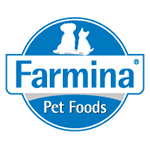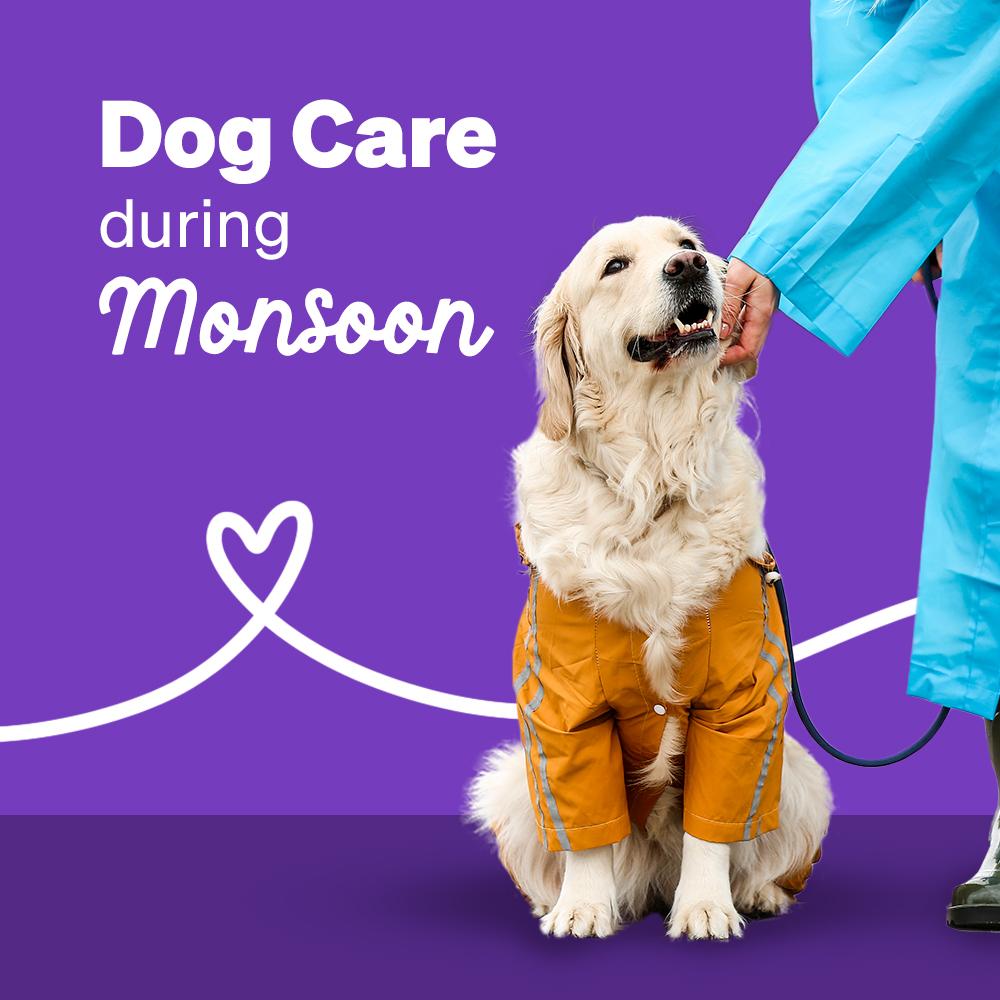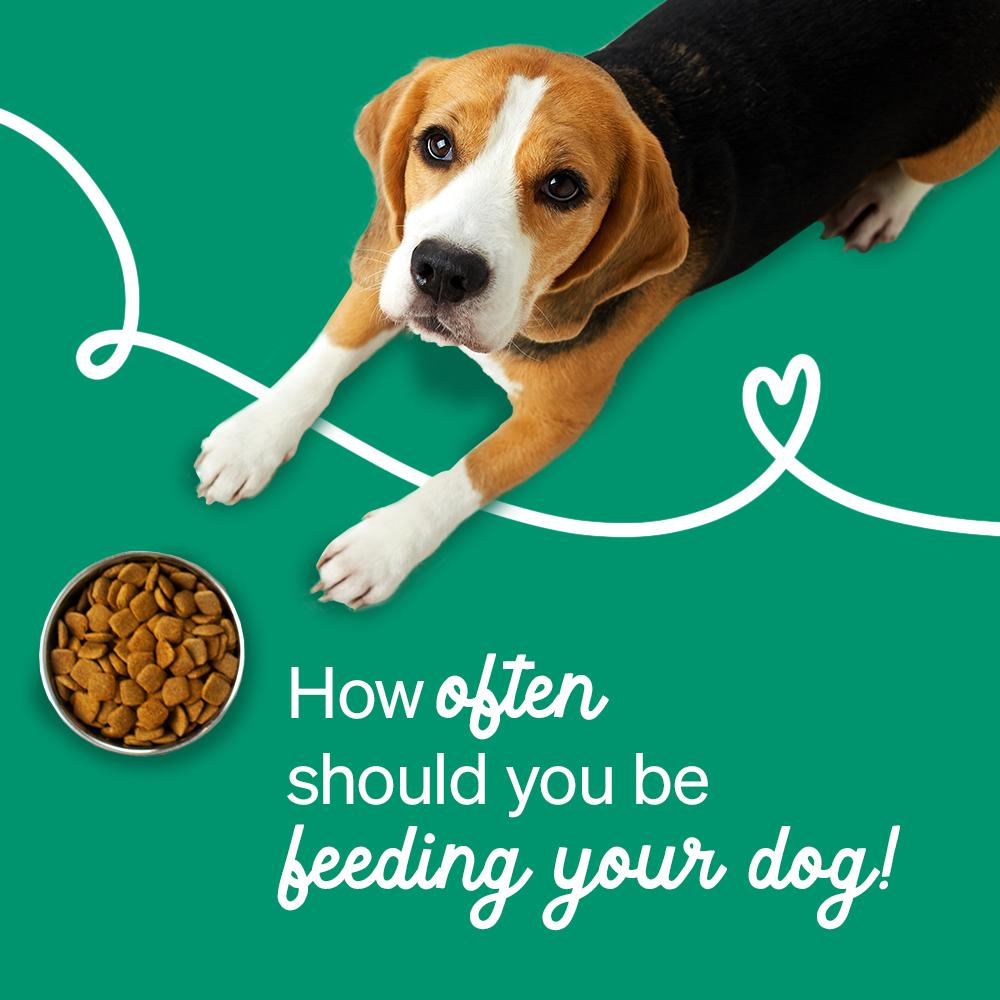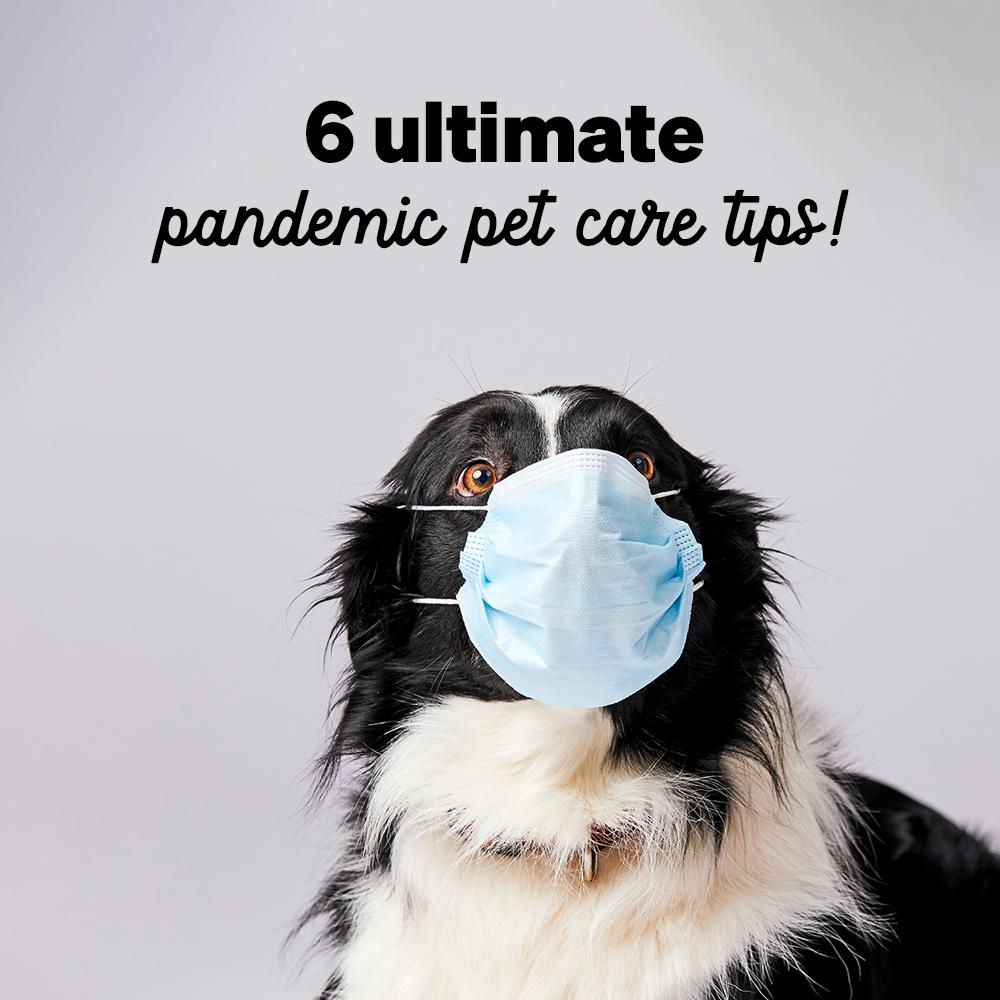Much as we love the monsoon, this can be a difficult time for our furry companion. Dogs, in particular, need extra care and attention. Heres why.
Loud thunderstorms
We know that dogs are scared of loud firecrackers. Similarly, the sound of heavy thunder during the monsoons can scare them and increase their stress levels.
Some dogs experience a rapid increase in cortisol–the stress hormone–during thunderstorms. Common signs of noise phobia in canines are heavy panting, whimpering, barking and hiding.
What to do: Keep your pet dog in a relatively quieter part of the house during loud thunderstorms. If possible, cover its ears with a muffler.
Lack of sunlight
Just like some humans feel miserable in gloomy weather due to the lack of sunlight, dogs too, experience similar symptoms. There’s a scientific explanation for this. The feeling of gloominess has to do with the hormone melatonin, the chemical responsible for natural sleep. As the retinas in our eyes pick up light, it connects through tracks to the other brain structures and to the pineal gland. But when there’s lack of light, these structures do not get stimulated and the body’s melatonin production increases, making us feel ‘low’. Experts believe the process affects both humans and animals.
What to do: Consider investing in artificial bright lighting. Also, make sure you take your dog outdoors as soon as there is some sunlight.
Sudden temperature changes
Temperature can fluctuate quite a bit in the monsoon, from hot to cold. Exposure to sudden cold can be dangerous to pets with low immunity, especially older dogs, leading to illnesses such as pneumonia and fever.
What to do: Keep your pet indoors and ensure that it is warm when the temperature drops.
Excess moisture in the air
Dogs have a kind of natural oil on their skin and coat, called sebum. A number of bacteria and yeast live in the sebum and excrete waste, too. When this mixes with moisture from rainwater and is left damp for too long, it often leads to infections.
If your dog seems to have a damp smell emanating from its fur, or if it is suffering from redness, itching or skin irritation, the culprit could be a fungal infection arising from the moisture.
Exposure to moisture can also cause other problems, ranging from respiratory problems, to canine malaria and dog heartworm (due to a rise in mosquito numbers in the rains)
What to do: Keep the pet indoors in a dry area. If it gets wet, help it dry off immediately.
Some general precautions and tips
1. Deworming is necessary as pets are more susceptible to worms. With monsoons comes the risk of worm related ailments and respiratory infections. Your dog’s trusted vet will administer suitable de-worming tablets and vaccine/s as per the immunization schedule.
2. Make sure the water your pet drinks is clean, since chances of water contamination are higher in the rains. Boil water before you give it to your pet dog for drinking: This way you can easily avert your pet’s tummy troubles.
3. Humidity could cause pet food to spoil, so make sure it is not stored in the open. Offer a diet rich in fiber: Fibrous vegetables and fruits will aid in proper digestion and regular bowel movements in the absence of long walks and outdoor activities due to constant rains. Indoor exercises can be employed to compensate for a lack of outdoor play time.Make sure your pet gets some exercise. Exercise improves blood circulation and keeps their bodies healthy.
4. Groom your pet regularly; keep it clean and dry. Else you’ll soon find your furry baby suffering from fungal and bacterial skin infections. Anti fungal powders can help keep the paws and other spots free from the attack. Also for the time being, you’ll need to switch to a waterless shampoo for dogs. A protective doggie raincoat is a great way to enjoy a sudden shower while outdoors. Keep checking your pet’s fur and skin for problems, and also watch for any unusual behaviour.
5. Stop a tick and flea attack: Warm and humid weather conditions lead to a rise in the population of these pests. These pesky parasites can transmit a number of deadly diseases to the canine. It’s important to keep your dog’s sleeping spot clean and free of ticks, fleas, mosquitoes and other bugs. Its bedding must be dry and should be regularly changed. Use of anti-tick shampoos and collars are some preventative measures. Also tick sprays and powders work effectively to kill and keep away these pests.
































